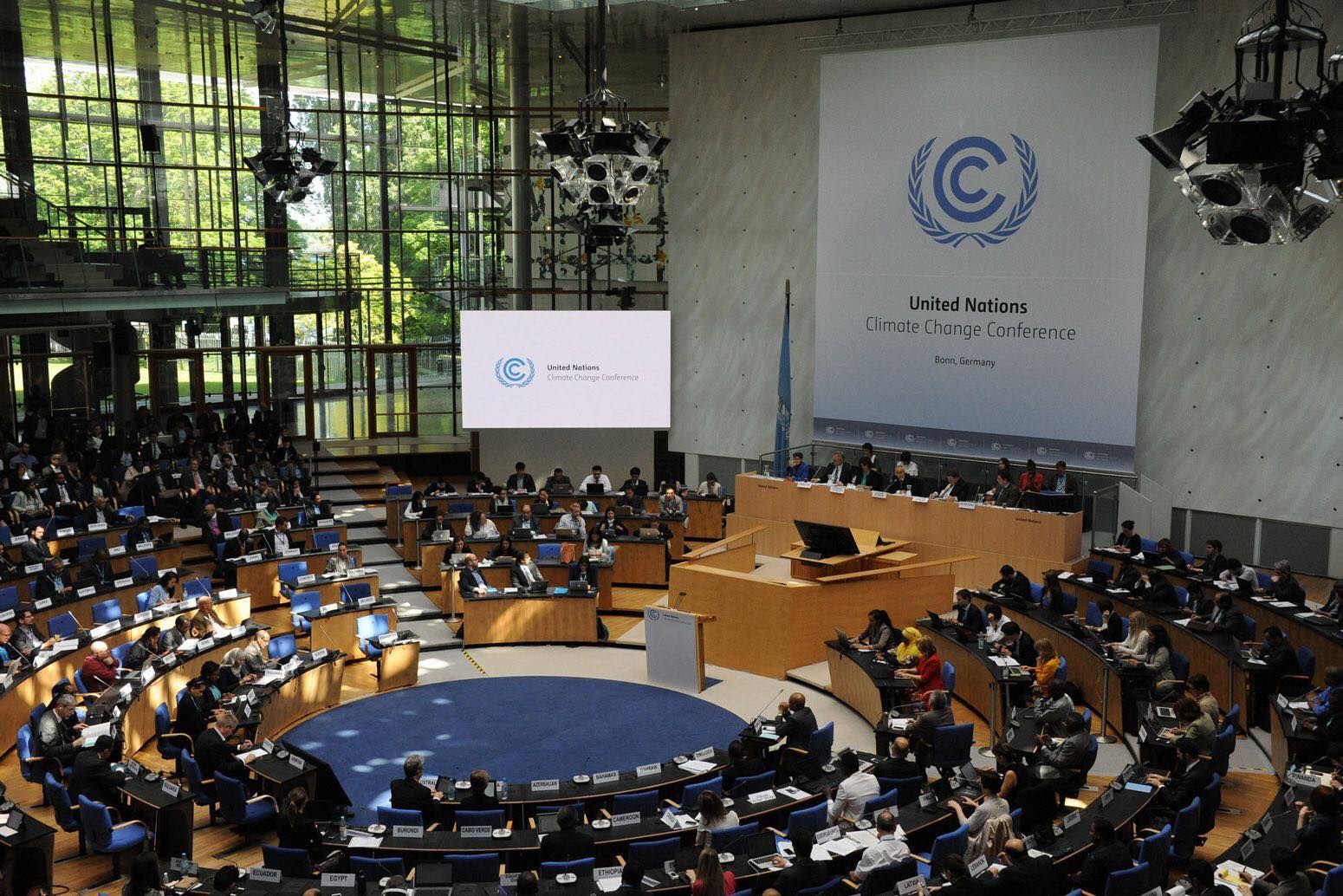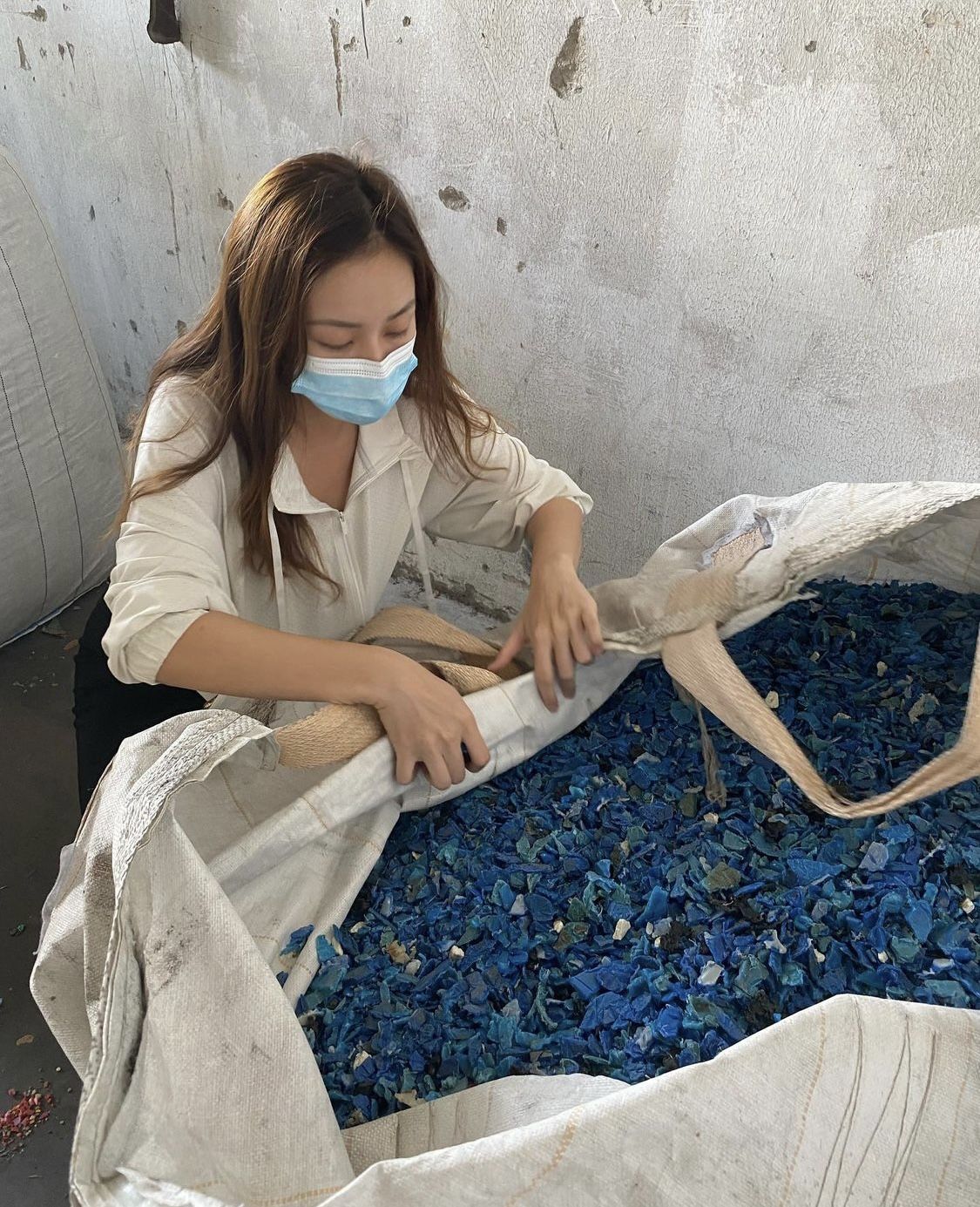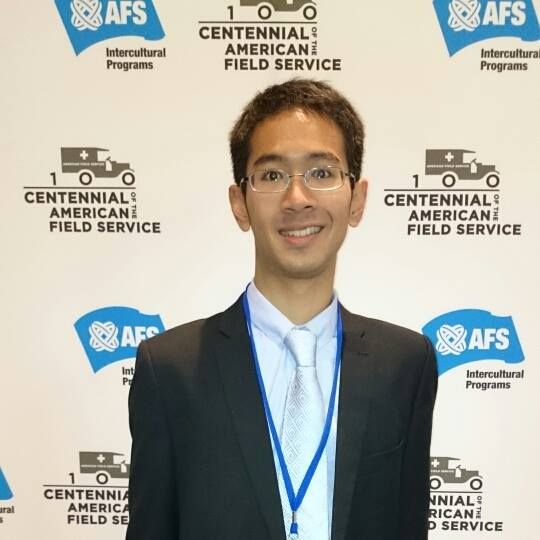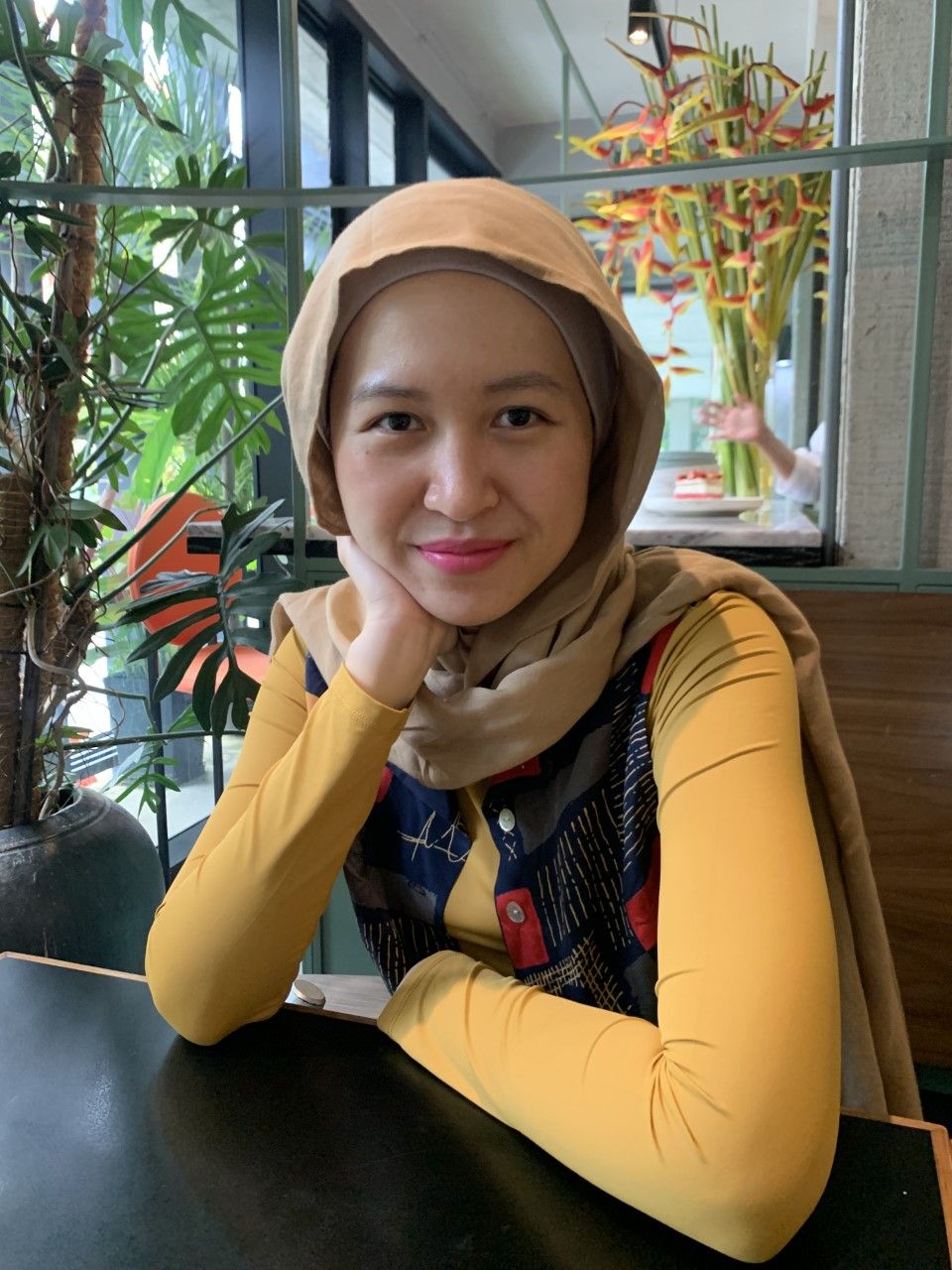The youth are making their voices heard at the climate summit in Glasgow, which has been widely regarded as ‘the last best chance the world has to avoid climate crisis’
In the last few years, youth activists including Greta Thunberg, Ghislain Irakoze, Xiuhtezcatl Martinez, Mayumi Sato and Alexandria Villaseñor have reinvigorated the global movement to protect the environment from the devastating effects of climate change. Amplifying their voices on social media platforms and carrying out weekly school strikes, they have mobilised a whole generation to demand urgent and meaningful action from world leaders.
“Young people are on the frontlines of the struggle to build a better future for all,” observes UN Secretary-General António Gutteres. “The Covid-19 pandemic has highlighted the dire need for the kind of transformational change they seek—and young people must be full partners in that effort.”
See also: Young Climate Activist Lance Lau on His Mission to Save The Planet
Ahead of the climate summit, young people from around the world participated in the Conference of Youth (COY16) and released a comprehensive Global Youth Statement to "urge world leaders at COP26 to once and for all provide the necessary policy framework to win our fight keep global warming to 1.5°C above pre-industrial levels."
Their efforts and determination have definitely made an impact as COP26 kicked off with impassioned speeches from world leaders who have adopted similar rhetoric as youth climate activists today. Notably, Prime Minister of Barbados Mia Mottley has earned praise for her serious stance on climate change, describing it as a "death sentence" for many countries, especially island nations in the Caribbean.



